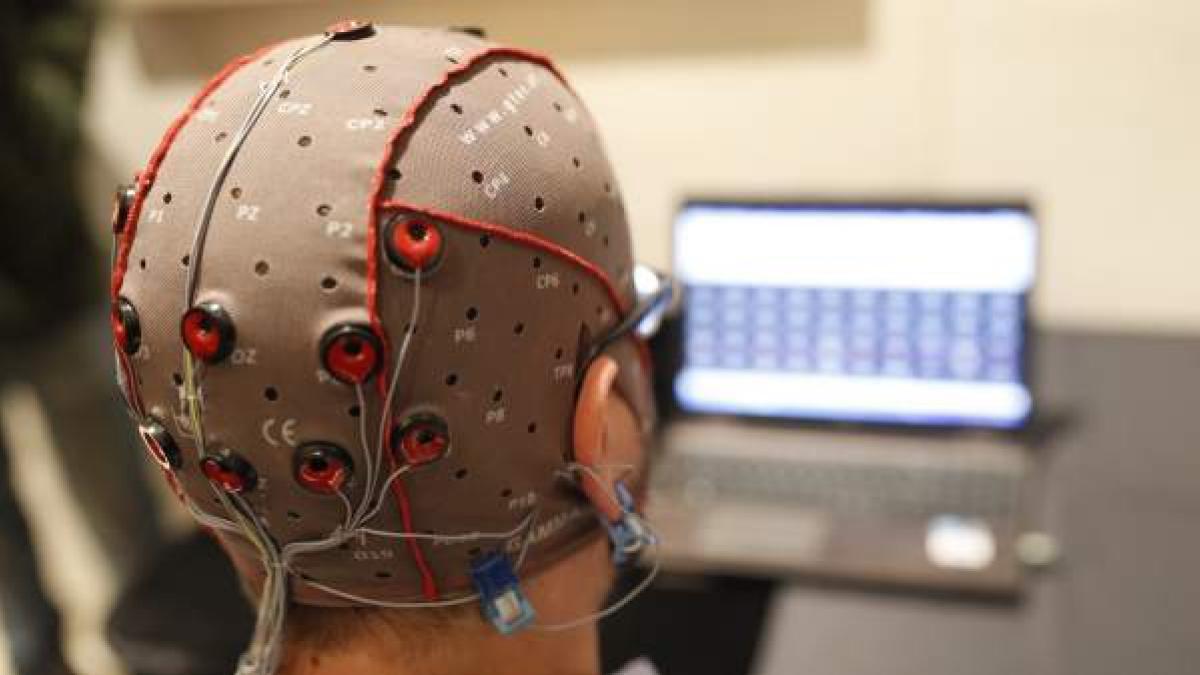The implanted devices allow a brain-computer interface to manage any type of prosthesis. A 26-year-old man has broken a new record after living seven years and three months with a cyborg-style implant. There is still no certainty as to how long they will be operational or how often an update will be necessary.

An interface for better living
Ten years after his accident, Copeland joined a study at the University of Pittsburgh. It was intended for people with severe spinal cord injuries. The goal is to have interfaces, between the brain and a computer, to restore those functionalities that may have been lost. The young man never hesitated to make himself available for university work. Initially he was told it would last 5 years, since the only data they had was based on monkey studies.
The implant has been in use for 7 years and continues to function without side effects or major complications. This is a breakthrough, and a very promising one, in a field that has been developing since the 1960s. However, there are still some doubts about the long-term durability of the implanted matrices.




